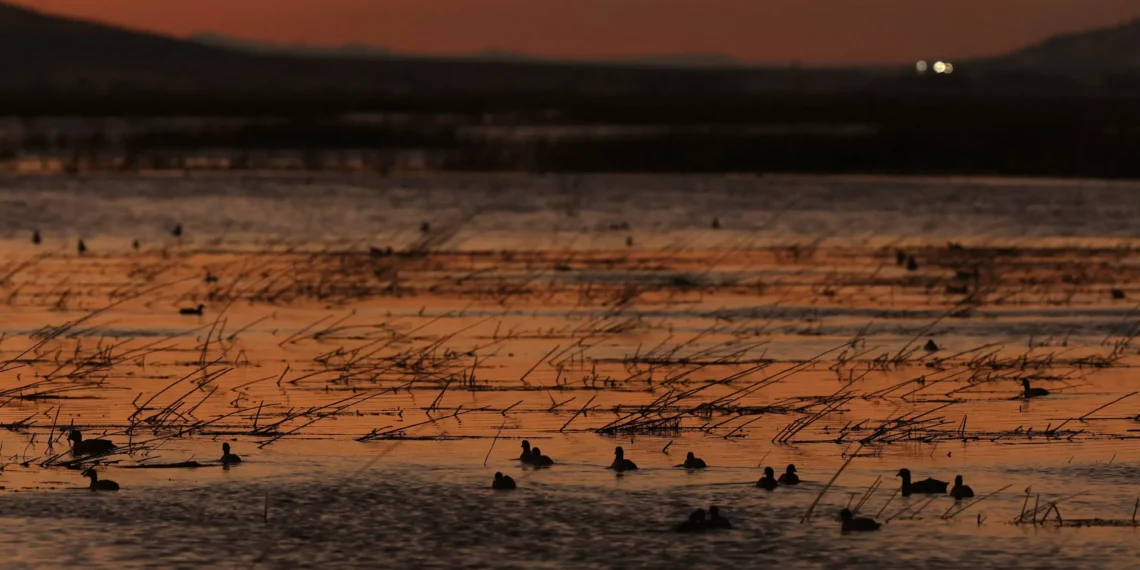Wild populations of monitored animal species have plummeted over 70% in the last half-century, according to the latest edition of a landmark assessment by the WWF published on Thursday. This shocking statistic serves as a wake-up call for all of us to take immediate action to protect and preserve our planet’s biodiversity.
The Living Planet Report, released by the WWF every two years, is a comprehensive analysis of the state of the world’s wildlife. The latest edition, based on data from over 4,000 species of mammals, birds, fish, reptiles, and amphibians, paints a dire picture of the current state of our planet’s biodiversity. The report found that the decline in wild populations is primarily driven by human activities such as deforestation, overfishing, and the illegal wildlife trade.
The numbers are staggering – in just 50 years, we have managed to wipe out more than two-thirds of the world’s monitored animal populations. This is not just a loss of animal life, but a loss of the intricate and delicate balance of our ecosystems. Every species plays a crucial role in maintaining the health of our planet, and the decline of one can have a ripple effect on the entire ecosystem.
The report also highlights the disproportionate impact of this decline on the world’s poorest communities, who rely heavily on the natural resources provided by these animals for their survival. The loss of these resources can have devastating consequences on their livelihoods and well-being.
But it’s not all doom and gloom. The report also highlights the success stories of conservation efforts around the world. For example, the population of giant pandas in China has increased by 16.8% thanks to conservation efforts. This proves that with the right actions, we can turn the tide and bring back the balance in our ecosystems.
The WWF is calling for urgent and bold action to protect and restore biodiversity. This includes addressing the root causes of the decline in wild populations, such as unsustainable consumption and production, as well as investing in conservation efforts and sustainable development.
Individual actions also play a crucial role in protecting our planet’s biodiversity. We can all make small changes in our daily lives that can have a big impact. Simple actions like reducing our consumption of single-use plastics, choosing sustainable and ethical products, and supporting conservation efforts can go a long way in preserving our planet’s biodiversity.
Governments and businesses also have a responsibility to take action. Policies and regulations must be put in place to protect and restore biodiversity, and businesses must adopt sustainable practices that minimize their impact on the environment.
We must also address the issue of illegal wildlife trade, which is a major contributor to the decline in wild populations. This multi-billion dollar industry not only threatens the survival of many species but also fuels organized crime and threatens the safety of local communities.
The WWF report serves as a stark reminder that we are facing a biodiversity crisis. But it also gives us hope that we can make a difference if we act now. We must all come together and take bold and immediate action to protect and restore our planet’s biodiversity. Our future and the future of generations to come depend on it.
So what can we do? We can start by spreading awareness about the issue and encouraging others to take action. We can also support organizations and initiatives that are working towards protecting and restoring biodiversity. Every small action counts and together we can make a difference.
Let’s not wait until it’s too late. Let’s take action now to ensure that our planet’s wild populations thrive and our ecosystems remain in balance. The time to act is now, and we must all do our part to protect and preserve the incredible diversity of life on Earth.







